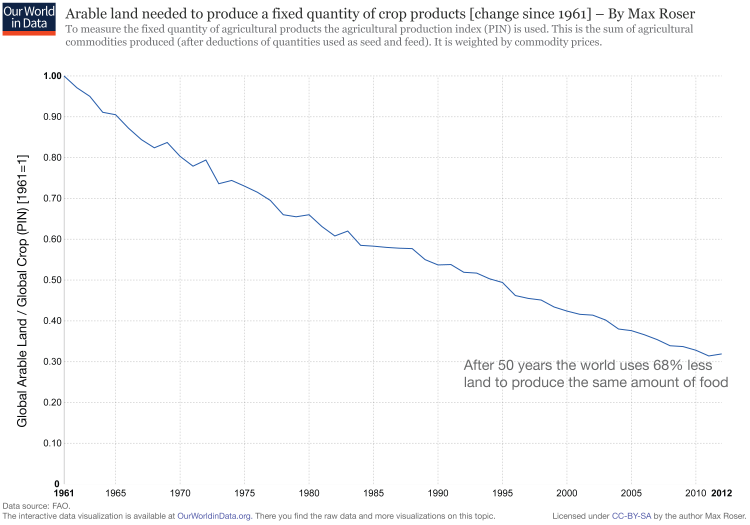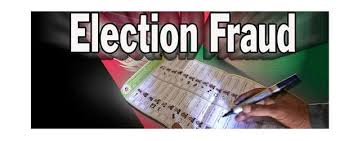It is well understood among economists that minimum wage laws drag employment. There may be debate surrounding the net cost/benefit analysis, but that isn’t the point here.
I saw this over at Coyote Blog.
The point is that among the Left, the loss of jobs is a BENEFIT in and of itself. Because you know who loses out when wages rise above productivity levels? The least productive among us.
Imagine how horrified I was to learn that this was a feature:
Progressive economists, like their neoclassical critics, believed that binding minimum wages would cause job losses. However, the progressive economists also believed that the job loss induced by minimum wages was a social benefit, as it 212 Journal of Economic Perspectives performed the eugenic service ridding the labor force of the “unemployable.” Sidney and Beatrice Webb (1897 [1920], p. 785) put it plainly: “With regard to certain sections of the population [the “unemployable”], this unemployment is not a mark of social disease, but actually of social health.” “[O]f all ways of dealing with these unfortunate parasites,” Sidney Webb (1912, p. 992) opined in the Journal of Political Economy, “the most ruinous to the community is to allow them to unrestrainedly compete as wage earners.” A minimum wage was seen to operate eugenically through two channels: by deterring prospective immigrants (Henderson, 1900) and also by removing from employment the “unemployable,” who, thus identified, could be, for example, segregated in rural communities or sterilized.
The notion that minimum-wage induced disemployment is a social benefit distinguishes its progressive proponents from their neoclassical critics, such as Alfred Marshall (1897), Philip Wicksteed (1913), A. C. Pigou (1913) and John Bates Clark (1913), who regarded job loss as a social cost of minimum wages, not as a putative social benefit (Leonard, 2000).
Columbia’s Henry Rogers Seager, a leading progressive economist who served as president of the AEA in 1922, provides an example. Worthy wage-earners, Seager (1913a, p. 12) argued, need protection from the “wearing competition of the casual worker and the drifter” and from the other “unemployable” who unfairly drag down the wages of more deserving workers (1913b, pp. 82–83). The minimum wage protects deserving workers from the competition of the unfit by making it illegal to work for less. Seager (1913a, p. 9) wrote: “The operation of the minimum wage requirement would merely extend the definition of defectives to embrace all individuals, who even after having received special training, remain incapable of adequate self-support.” Seager (p. 10) made clear what should happen to those who, even after remedial training, could not earn the legal minimum: “If we are to maintain a race that is to be made of up of capable, efficient and independent individuals and family groups we must courageously cut off lines of heredity that have been proved to be undesirable by isolation or sterilization . . . .”






